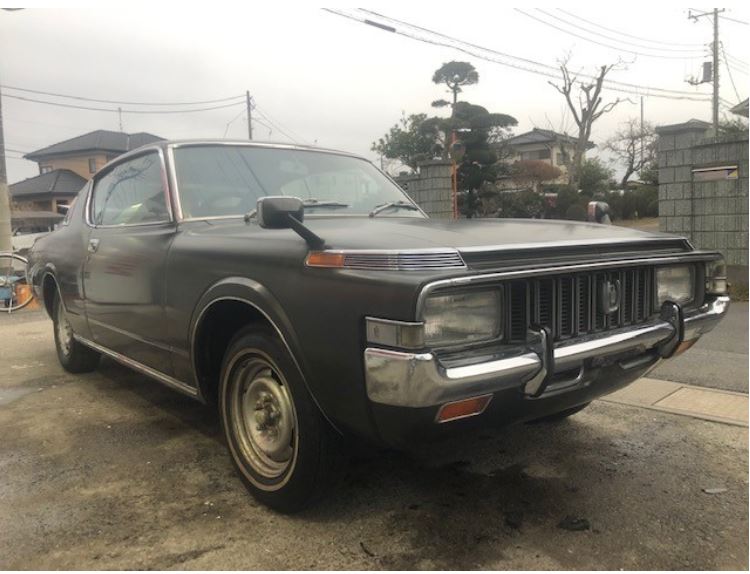Six mistakes to avoid when buying an old timer
Over the years, we’ve witnessed new collectors getting swindled when buying old-timers. It’s essential to be on the lookout for red flags and warnings before you invest. If you are a new classic car buyer, then here are some of the common mistakes people make when buying Japanese used vehicles.
Not doing proper research. You may be surprised to know many newbies invest tons of money on old-timers without doing proper research about the market or model. Before getting in touch with the Japanese auction house, you need to do some homework! You can start by checking online reviews from owners or experienced collectors. You can even check with a mechanic, whether there are any common issues in the model.
It’s all about passion. Any seasoned car collector will tell you that passion is very important when you buy a vintage car. Since investing in a vintage car requires time, money, and energy, you must never invest in something you are not passionate about. Always make sure to buy a car that you will enjoy.

Research on maintenance Some old-timers require a lot of legwork to keep them up and to run. While some collectors make major profits when reselling, this doesn’t apply to all vintage cars. There is a lot of money involved in maintenance. Reach out to classic car members and ask them about the cost of maintenance in your country for a particular model. You also need to check on the insurance cost.
You DO need a mechanic. Many classic cars have unique engines and spare parts, so not every mechanic can work with one. You need to have a tab of a mechanic or garage to take the vehicle once you buy it. Working with old school machinery requires much more expertise than we think, so the costs can get high.
Check the VIN The vehicle’s identification number (VIN) is generally stamped onto the engine. This number is plastered on several parts of the car. To make sure the engine is not replaced, check if all VINs are the same. If the car engine is completely replaced, then it will have a different VIN.
You need insurance People have the misconception that vintage vehicles don’t need insurance. Many new buyers forget the insurance cost involved. The cost of insurance may be significantly less or even higher if it’s a rare vehicle. Before you invest in an old-timer, check with the insurance company on the rates involved for this particular model. The type of vehicle, year, and the company’s internal policies will decide your insurance premium.
Buying an old-timer is a labour of love. Even though it takes a bit of groundwork to get started, it’s all worth it in the end. If you have a bad experience your first couple of times, it can impact you negatively. That’s why we want to give you the right kind of advice. If you follow the above tips, then you can’t go wrong!
 07.06.2025 / 01:41
07.06.2025 / 01:41